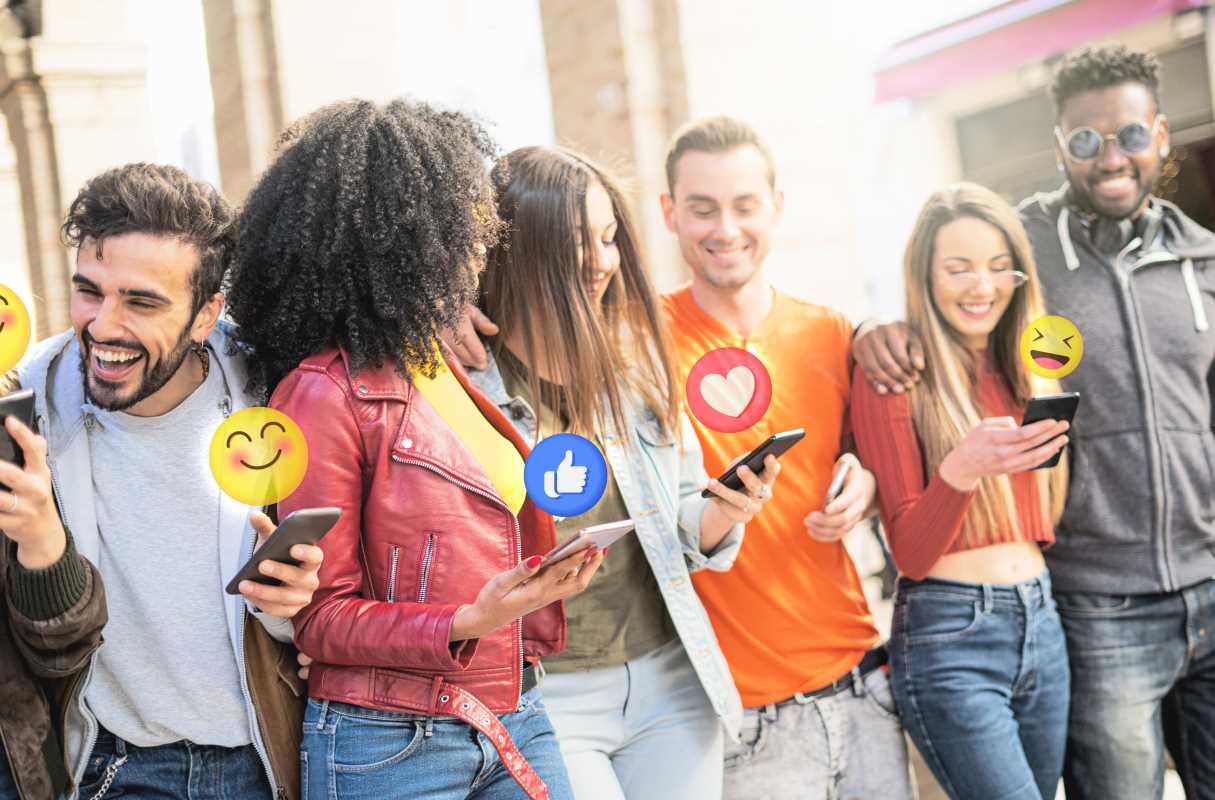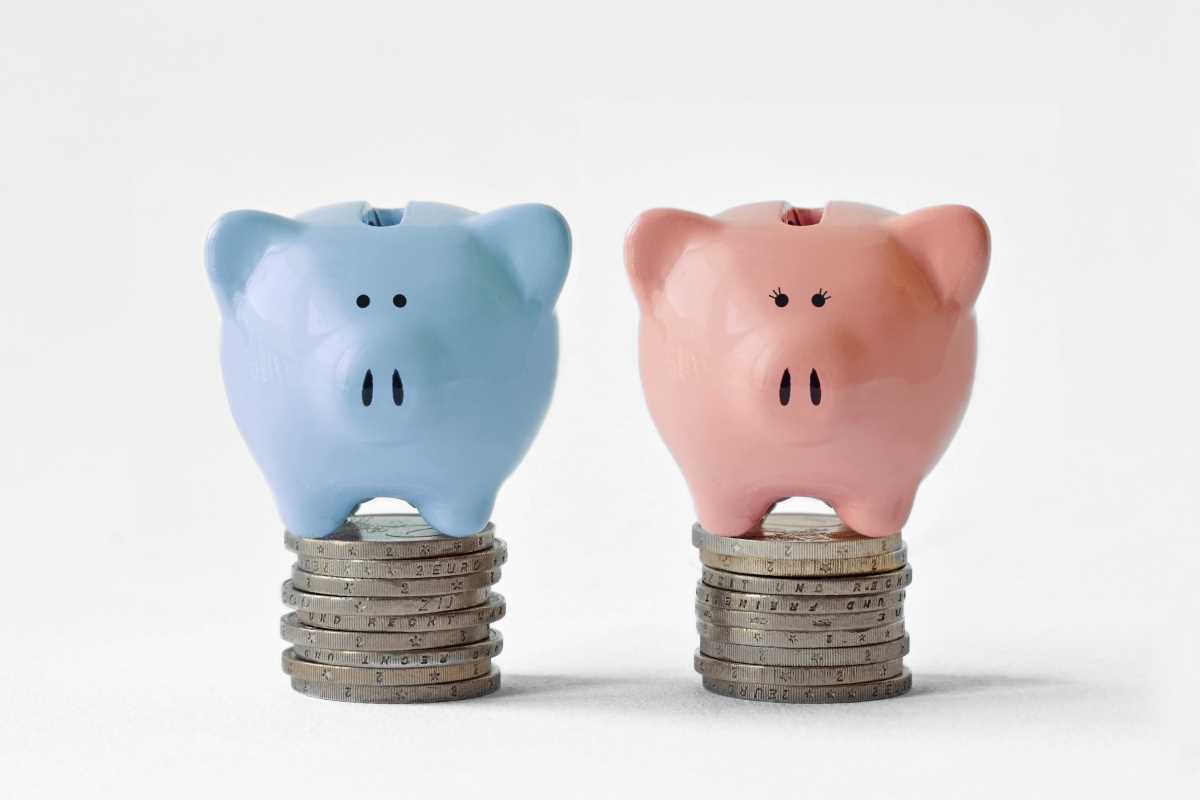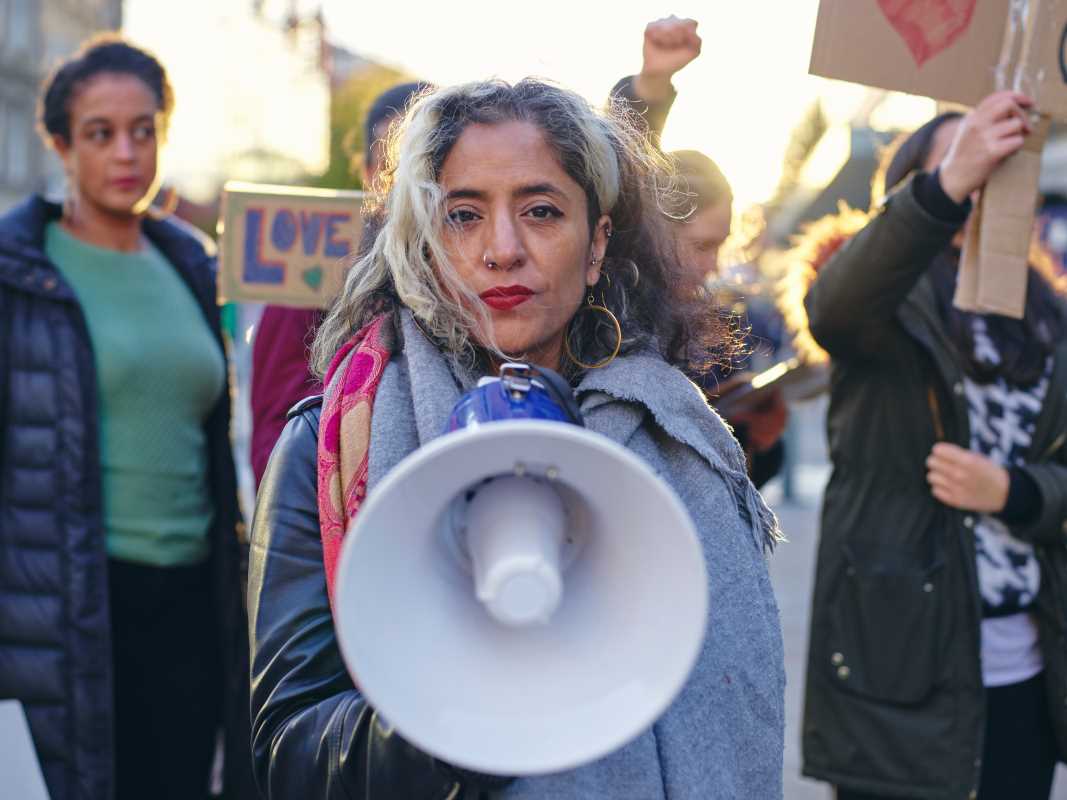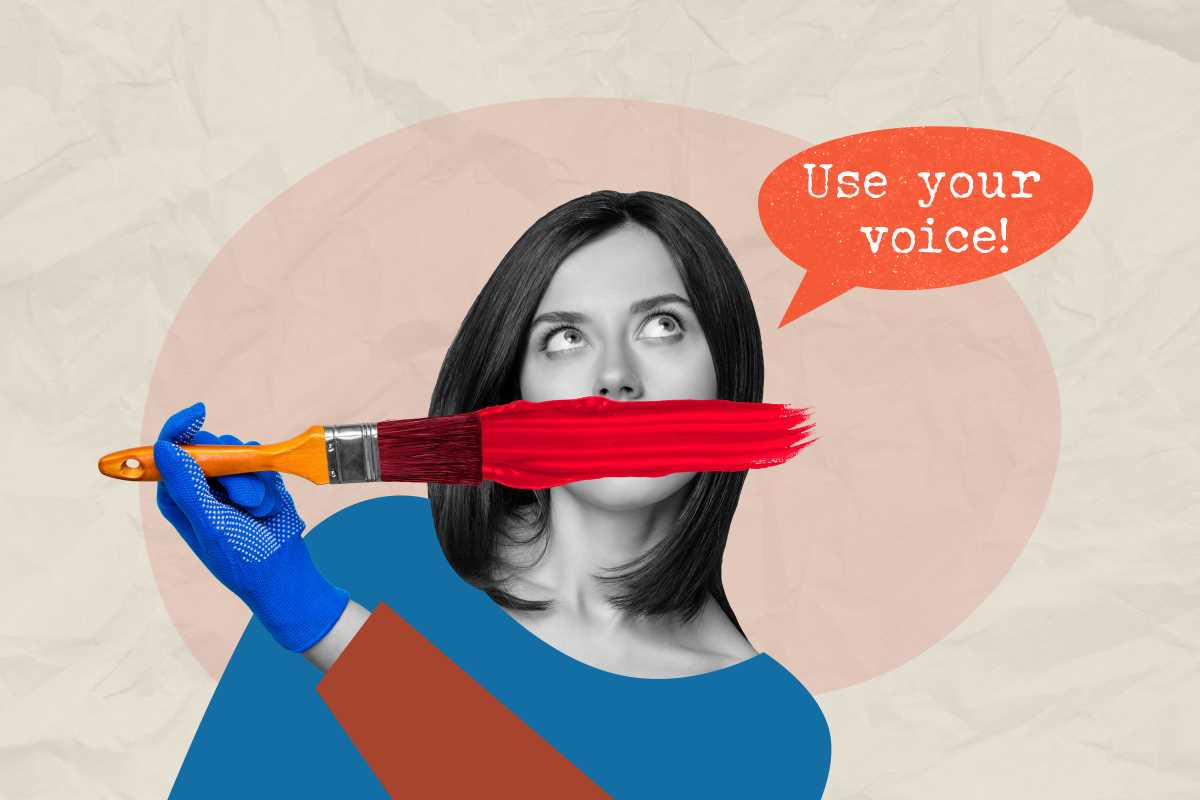Social media is a double-edged sword for celebrities. On one side, it gives them the ability to connect directly with fans, build their personal brands, and promote their work. On the other, it’s a platform where even a single post or comment can spark massive controversy. With millions of followers watching their every move, celebrities are constantly under the microscope. When they slip up, the internet is quick to take notice, and sometimes the backlash can shape broader public conversations about important issues.
Over the years, we’ve witnessed numerous celebrity posts and online interactions go terribly wrong. From tone-deaf remarks to outright offensive behavior, these moments prompt everything from outrage to cultural debates. But beyond the sensational headlines, these scandals often highlight deeper societal issues like privilege, accountability, and the role of social media. Let’s explore some high-profile celebrity scandals that went viral and the lessons they left behind.
Cancel Culture and the Court of Public Opinion
Before diving into specific cases, it’s important to understand the role of “cancel culture” in these situations. The term refers to a large group of people deciding to withdraw support from a public figure after they’ve said or done something deemed offensive. Social media often serves as the battleground for these conversations, with one side calling for accountability and the other arguing that cancel culture has gone too far.
The open nature of platforms like Twitter and Instagram allows public opinions to spread like wildfire. While some view this as a necessary form of social correction, others criticize it for being overly harsh or dismissive of growth and redemption. Either way, scandals on social media rarely fade quietly, and when celebrities are involved, the fallout can be huge.
When Tweets Come Back to Haunt
The internet has a long memory, and old social media posts have come back to haunt several celebrities. A single thoughtless tweet from years ago can resurface and derail someone’s career in today’s highly scrutinized environment.
The Case of Kevin Hart
Comedian Kevin Hart faced significant backlash in 2018 when old tweets from nearly a decade earlier resurfaced. In those tweets, Hart made homophobic jokes that many found offensive. The timing couldn’t have been worse, as Hart had recently been announced as the host of the Oscars. The uproar sparked a larger discourse about accountability versus giving people the chance to grow and learn from past mistakes.
Ultimately, Hart stepped down as Oscars host, stating he did not want the controversy to divert attention from the awards. This situation raised questions about how much weight should be given to someone’s past actions versus how they’ve evolved since then.
James Gunn and Offensive Humor
Director James Gunn found himself in a similar situation when tweets he’d written years earlier, making crude jokes about sensitive topics, were brought to light in 2018. Gunn apologized and accepted full responsibility, stating the tweets did not reflect who he had become over the years. However, Disney temporarily fired him as the director of the Guardians of the Galaxy franchise.
This incident stirred a mix of opinions, with some defending Gunn for owning up to his past and others arguing that such jokes should have consequences regardless of intent. This scenario not only reignited debates about cancel culture but also raised questions about what constitutes genuine accountability.
Platforms for Personal Rants That Backfire
Social media gives celebrities the ability to share their thoughts unfiltered. Unfortunately, “unfiltered” can often mean ill-considered. The result? Public outrage.
Kanye West and Controversial Statements
Rapper and producer Kanye West has long been known for his outspoken personality, but his social media antics have often landed him in hot water. From a series of pro-Trump posts to declaring slavery a “choice” during interviews and on social media, Kanye’s comments ignited widespread criticism and stunned fans.
These outbursts sparked complex conversations about mental health, freedom of speech, and responsibility. Some fans defended Kanye by pointing to his bipolar disorder, while others held him accountable for furthering harmful narratives. The situation reflected how the personal and public lives of celebrities are often intertwined.
Lana Del Rey and Tone-Deaf Comparisons
Singer Lana Del Rey faced backlash in 2020 after posting a lengthy Instagram note complaining about being criticized for “glamorizing abuse” in her music. What made matters worse was that she directly compared herself to other female artists like Beyoncé and Nicki Minaj, sparking accusations of racism and tone-deafness. Critics argued that by singling out women of color, Lana revealed blind spots about her privilege and the different challenges faced by other artists.
This controversy led to discussions about intersectionality, privilege in the entertainment industry, and how public figures handle criticism.
Collaborations Turned Controversial
Social media doesn’t just highlight what celebrities post themselves; it also shines a spotlight on who they choose to associate with. Collaborations and partnerships can quickly sour if the public perceives a mismatch or finds ethical concerns.
Kendall Jenner and the Pepsi Ad
Perhaps one of the most infamous social media scandals involved Kendall Jenner’s 2017 Pepsi advertisement. The ad, which depicted Kendall offering a Pepsi to a police officer during what appeared to be a protest, was widely criticized for trivializing serious social justice movements like Black Lives Matter.
Social media exploded with accusations that the ad was tone-deaf and exploitative. Pepsi eventually pulled the ad and issued an apology. For many, this moment underscored the importance of understanding cultural context and consulting diverse perspectives when creating content.
Influencers and Oversight
Social media influencers, many of whom exist in the celebrity sphere, also face backlash for promoting questionable products or organizations. For example, when celebrities and influencers promoted the disastrous Fyre Festival as a luxurious music retreat, they were called out for misleading their fans. This scandal went viral, leading to public conversations about transparency, consumer trust, and the ethical responsibilities of influencers.
Privilege, Accountability, and the Power of Social Media
These scandals aren’t just about famous people making mistakes. They often reflect larger societal issues, such as privilege, power dynamics, and the consequences of unchecked influence. A consistent critique is that celebrities sometimes lack self-awareness about how their wealth, race, or gender may shield them from criticism or allow them to recover faster than everyday people.
Many social media users argue for holding celebrities accountable—not to “cancel” them forever, but to encourage reflection and growth. Others believe the focus should shift away from individuals and toward the systemic problems their actions exemplify.
Lessons to Take Away
Social media scandals involving celebrities may provide entertainment or outrage, but they also serve as important learning moments. Here are a few takeaways we can all learn from:
Think Before You Post
Social media is instantaneous, but its effects can last forever. Celebrities and regular users alike should remember that what they say online can be revisited years later.
Educate Yourself
Many scandals arise from a lack of understanding about broader social issues. Taking the time to learn about privilege, intersectionality, and cultural context can prevent harm.
Accountability Doesn’t Equal Cancelation
Mistakes will happen, but how someone responds to criticism speaks volumes. Admitting fault, apologizing, and showing concrete efforts to improve are far more effective than doubling down defensively.
Follow With Care
As fans or followers, it’s important to hold public figures accountable, but also to engage in discussions thoughtfully. Piling on hate helps no one, but constructive criticism can drive meaningful change.
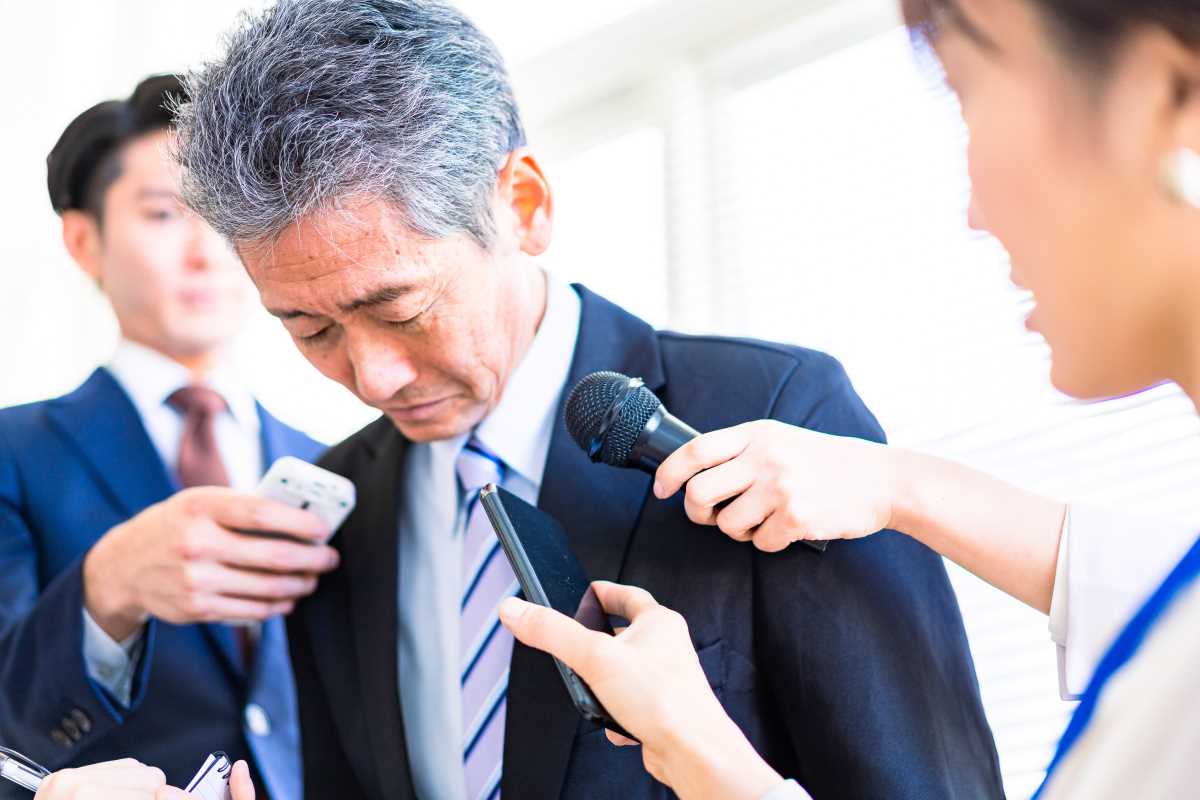 (Image via
(Image via

